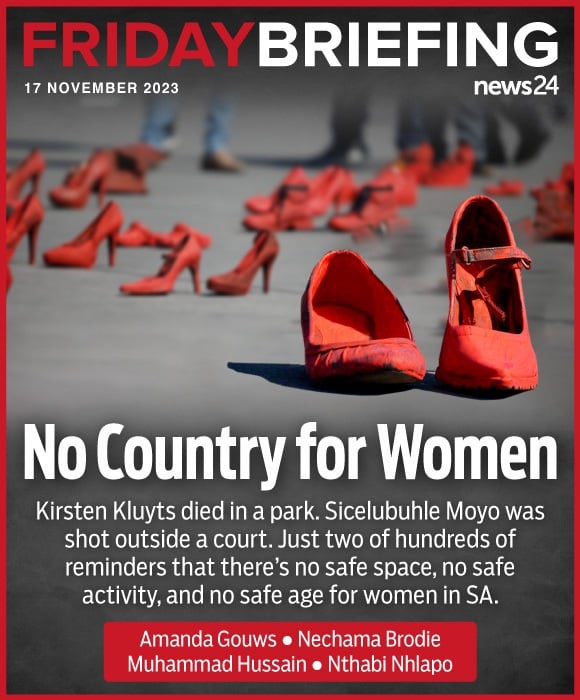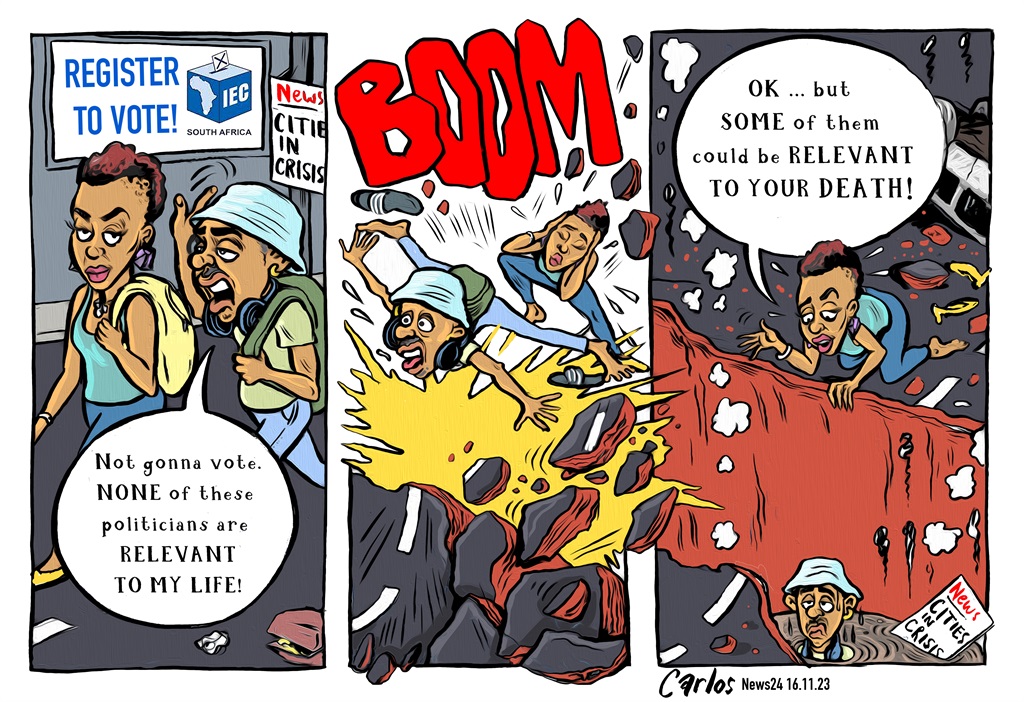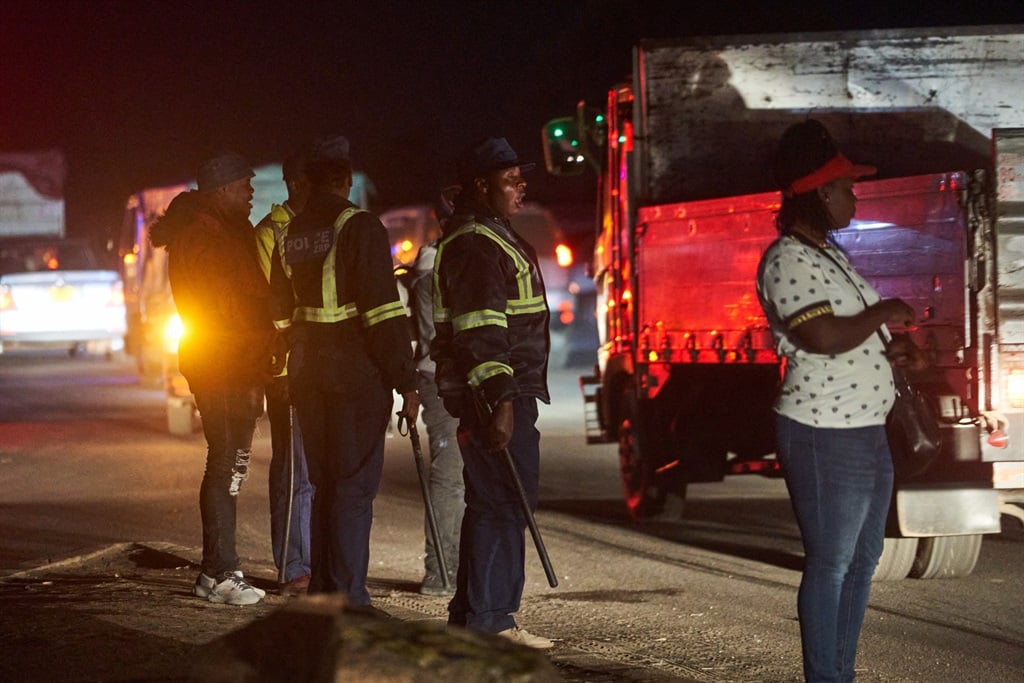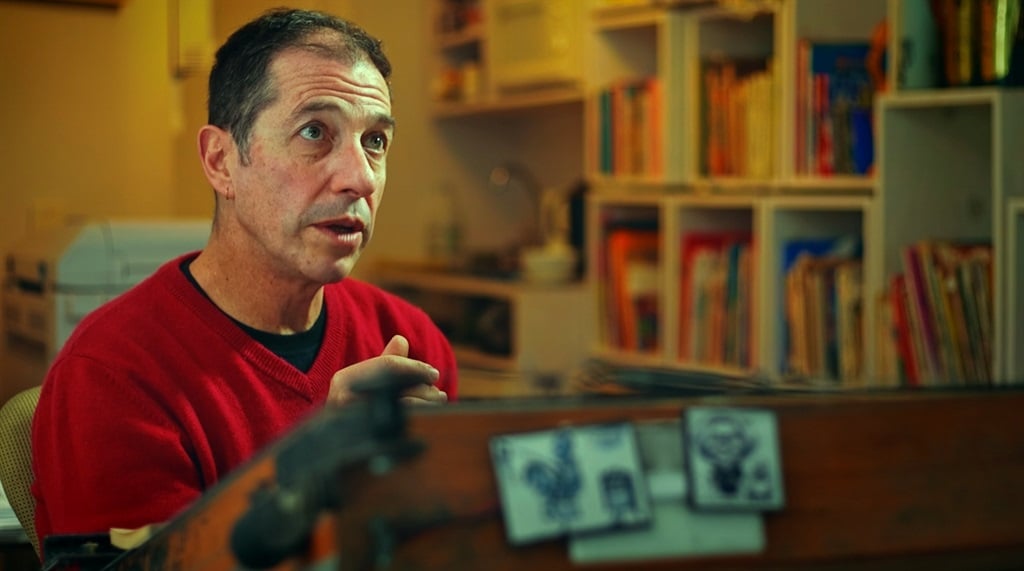
No country for women
The last picture taken of Kirsten Kluyts as she participated in a MyRun event one Sunday in October shows the 34-year-old teacher beaming into the camera. She was one of eight participants taking part in the 5km event, and set off just after 07:30. Two hours later, fellow runners would find her naked body after it was noticed she had not returned by 09:00, the scheduled end of the run.
The case of Kluyts highlights how unsafe it is for women in this country. She was raped and murdered in broad daylight in an area near tennis courts, a restaurant, soccer fields and cricket nets. A woman is safe nowhere. It can be unsafe for a woman to walk down the street, or stay alone at a hotel, or even sometimes be in their own home.
In this week’s Friday Briefing, we examine how South Africa is no country for women.
Stellenbosch University’s Amanda Gouws examines the government’s inability to get a handle on the crisis. Because, make no mistake, this is a crisis. She writes there is a relationship between the normalisation of sexual violence and the inability of the state to deal with it. Incidents of gender-based violence have become so normalised that only the most gruesome incidents are reported in the media. The rest become statistics.
Author Dr Nechama Brodie reflects on an emerging and sustained trend where, on average, between 10 and 11 women are now being killed every single day in South Africa, which is up from around seven femicides a day just a few years ago.
To get a snapshot of the situation, in-depth writer Muhammad Hussain spent time examining SAPS media releases and noting down when a violent crime was reported against either a woman or a girl. Over the 31 days of October, there were 29 cases, over and above the murder and rape of Kluyts. Many of these would not have been reported in the media, and the list is by no means exhaustive.
We also have a submission from former News24 editor Nthabi Nhlapo, who lives in South Korea. She writes about how strange it felt initially to be able to move freely in her adopted country without the fear of being attacked or raped.
Finally, Muhammad Hussain did a Q&A with Dr Lou-Marié Kruger, a clinical psychologist and professor at Stellenbosch University, on the psychological impact of this type of violence and how it affects the daily lived reality of people.
It is a heavy read ahead of the weekend, but an exceptionally important one, so we hope you spend time reading each of the submissions.
Best,
Vanessa Banton
Opinions editor.
The South African Police Service (SAPS) statistics for April to June 2023 reveal nowhere is safe for women. There is a relationship between the normalisation of sexual violence and the inability of the state to deal with it, writes Amanda Gouws.
Between 10 and 11 women are now being killed every single day in South Africa. This figure is horrifying on its own, but it’s worse when we consider that this has increased from around seven femicides a day from just a few years ago, writes Nechama Brodie.
In South Africa, we expect women to be raped, killed, and beaten up, in their homes, on the street and in taxis. And we expect it to be done by anyone, from Uber drivers, uncles, fathers, strangers, and even pastors, writes Nthabi Nhlapo who reflects on how safe it is for women living in South Korea.







Recent Comments